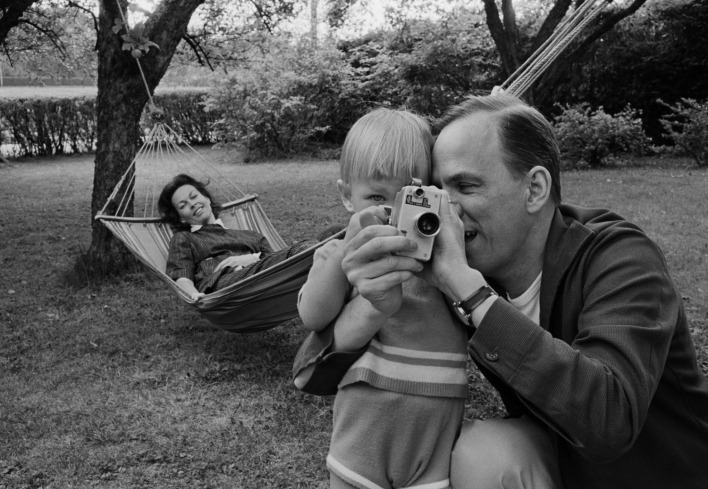“I believe you are greatest film-maker at work today.” This is one of the lines in a letter Stanley Kubrick sent to his Swedish colleague Ingmar Bergman in February 1960. By then, Bergman had already made Smiles of a Summer Night, The Seventh Seal and Wild Strawberries, and it was exactly when he debuted The Virgin Spring, which won an Oscar for best foreign film in 1961. One year later he took another Oscar for Through a Glass Darkly. The genius behind Winter Light, The Silence, Persona, Cries and Whispers, Scenes from a Marriage, Fanny and Alexander and numerous other masterpieces was born in Uppsala exactly 100 years ago, on 14 July 1918.
Only a handful of other directors have managed to depict with such empathy the search for sense and God, the loneliness and solitariness of modern man, and the human state of the 20th century. The Marathon pays tribute to Bergman with a screening of the charming Mozart movie The Magic Flute, a brand-new portrait film and a discussion. During this conversation, Hungarian-born Katinka Faragó, who was a close colleague of the director, and István Szabó, a Hungarian friend and colleague with a profound insight into Ingmar Bergman, talk about one of the greatest film directors of all time. (Péter Muszatics)



.png)






